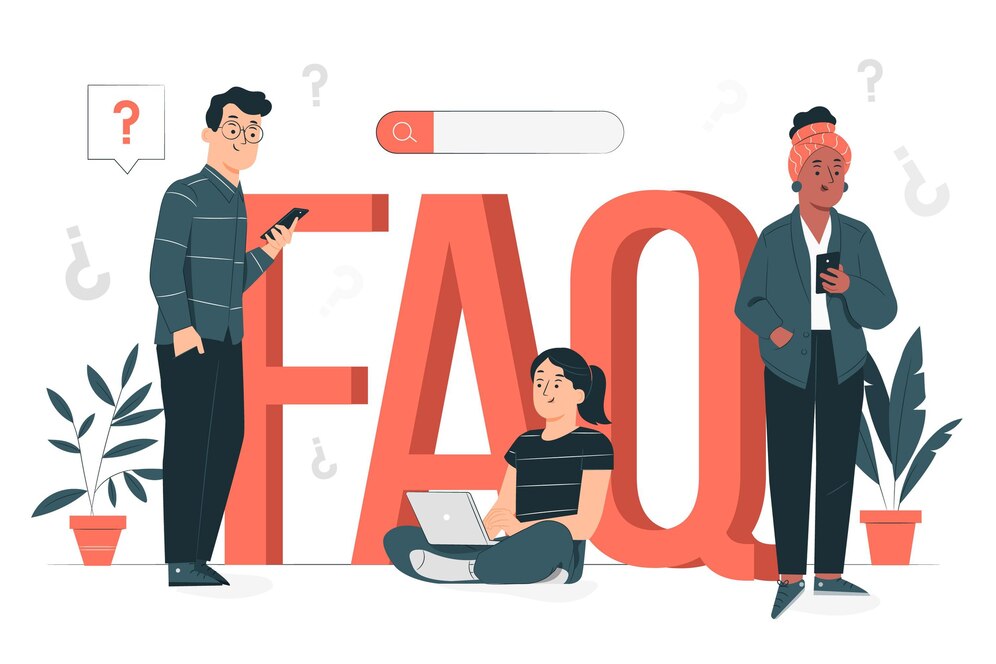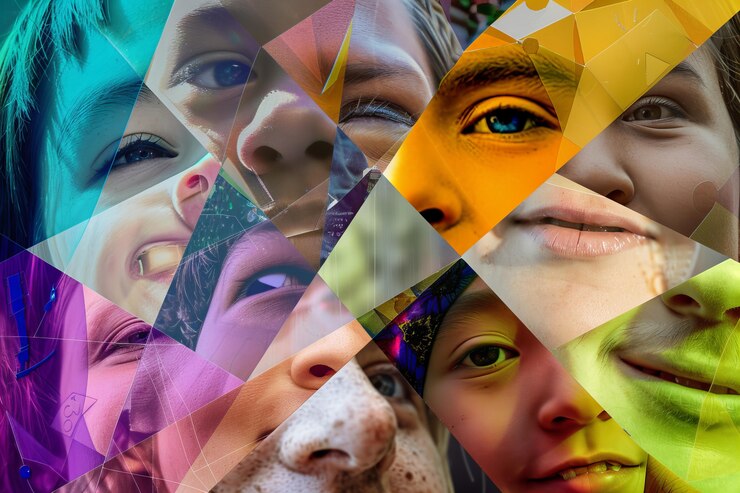Table of contents
In today’s fast-paced, digitally-driven world, many people find themselves feeling isolated and disconnected despite being constantly “online.” Yet one of the most powerful influences on overall well-being often goes unnoticed: social connections. The relationships we cultivate—whether with family, friends, colleagues, or our communities—play a crucial role in shaping our physical health, mental resilience, and day-to-day happiness.
In this blog post, we’ll explore the deep impact that social connections have on your lifestyle, backed by science and real-life implications. If you’re looking to enhance your well-being, fostering stronger social bonds might just be the most rewarding place to start.
What Are Social Connections?
Social connections refer to the relationships and bonds we form with others. These can include:
- Close personal relationships: family members, spouses, close friends
- Acquaintances and casual friendships: neighbors, coworkers
- Community ties: clubs, volunteer groups, support groups, online communities
These relationships provide emotional support, a sense of belonging, shared experiences, and practical help. They influence how we think, feel, and act—and ultimately how we live.
How Social Connections Influence Your Lifestyle
1. Boost Mental Health
Loneliness and isolation are closely linked to anxiety, depression, and even cognitive decline. Positive social connections help combat these issues by providing emotional support, reducing stress, and releasing feel-good hormones like oxytocin and serotonin.
2. Improve Physical Health
Research shows that people with strong social ties have a lower risk of chronic illnesses like heart disease, high blood pressure, and even cancer. Engaging with others can reduce inflammation and boost immune system function, leading to a longer, healthier life.
3. Enhance Personal Growth
Through meaningful connections, we’re exposed to new ideas, cultures, and experiences. These interactions promote empathy, broaden perspectives, and help us grow emotionally and intellectually.
4. Support Healthy Habits
Your social network often influences your lifestyle choices—from diet and exercise to sleep habits and even alcohol or substance use. When surrounded by health-conscious and supportive individuals, you’re more likely to adopt and maintain healthier habits.
5. Provide a Sense of Purpose
Feeling connected gives life meaning. Whether you’re supporting a friend, caring for a family member, or contributing to a group effort, strong social bonds foster a sense of purpose and belonging, which is vital for emotional wellness.
The Risks of Poor Social Connections
On the flip side, a lack of social connections can have serious consequences:
- Increased risk of depression and anxiety
- Weakened immune function
- Higher rates of mortality
- Lower life satisfaction
- Greater likelihood of poor decision-making
In fact, loneliness has been compared to smoking 15 cigarettes a day in terms of its impact on health, according to some studies.
How to Strengthen Your Social Connections
Building strong social ties doesn’t require a large circle of friends. Even a few deep, meaningful relationships can have a powerful impact on your lifestyle. Here are some ways to improve your social health:
- Schedule regular catch-ups with friends and family
- Join interest-based clubs or groups (in person or online)
- Volunteer for a cause you care about
- Practice active listening and empathy in conversations
- Reconnect with old friends or distant family members
- Reach out—don’t wait for others to make the first move
Even small interactions, like chatting with a neighbor or greeting your barista, can positively affect your mood and sense of connection.
FAQs About Social Connections

Social connections impact both mental and physical health by reducing stress, boosting immunity, and providing emotional support that can lead to healthier lifestyle choices and longer life expectancy.
Yes, but with caution. Social media can be a great tool for staying connected, especially across distances, but it should complement—not replace—genuine, in-person interactions when possible.
Start with one-on-one interactions or small gatherings. Join groups or activities centered around your interests where conversation feels natural. Quality matters more than quantity.
Never. People of all ages can build meaningful relationships. Whether you’re 20 or 80, taking steps to connect with others can significantly improve your life.
Absolutely. Lack of social interaction is a major contributor to stress, depression, and anxiety. Building stronger bonds can act as a protective buffer against these issues.
Final Thoughts on Social Connections and Your Lifestyle
The power of social connections should not be underestimated. Whether you’re seeking happiness, health, or personal growth, the relationships you nurture play a central role in shaping the life you lead. It’s not just about being surrounded by people, but about building meaningful, authentic bonds that enrich your everyday experiences.
So make that call, join that group, say hello to your neighbor—because small steps can lead to life-changing connections.





